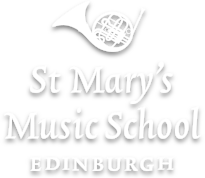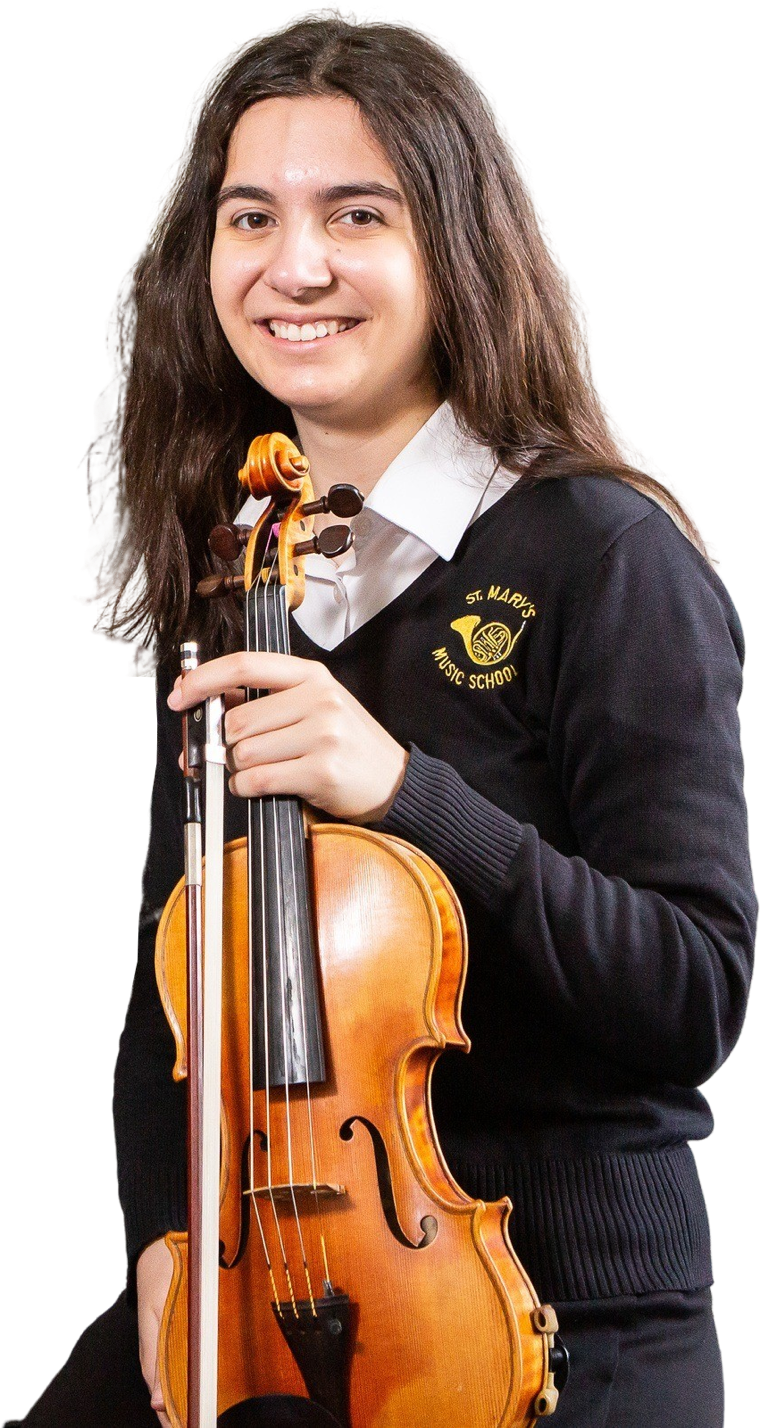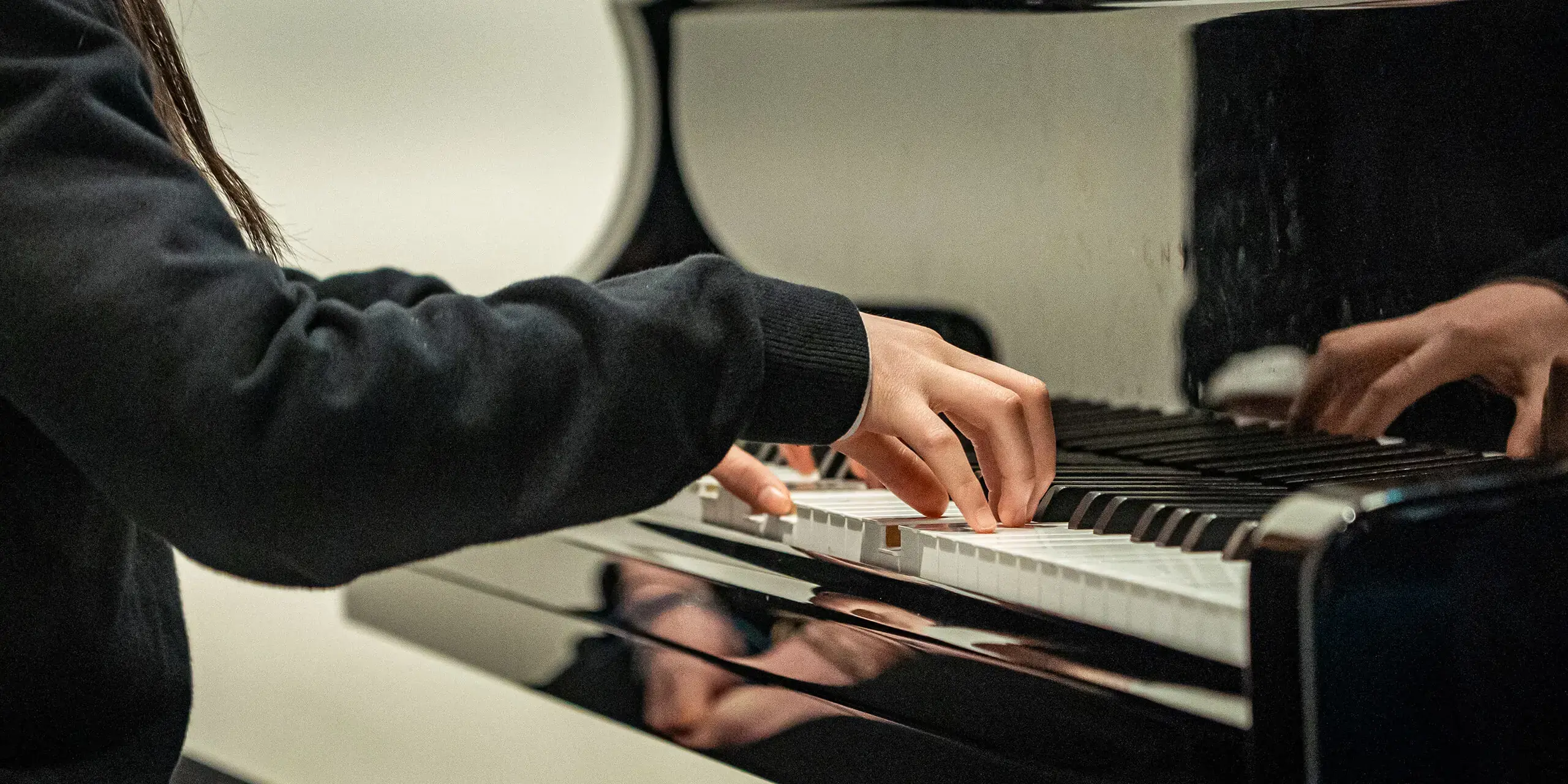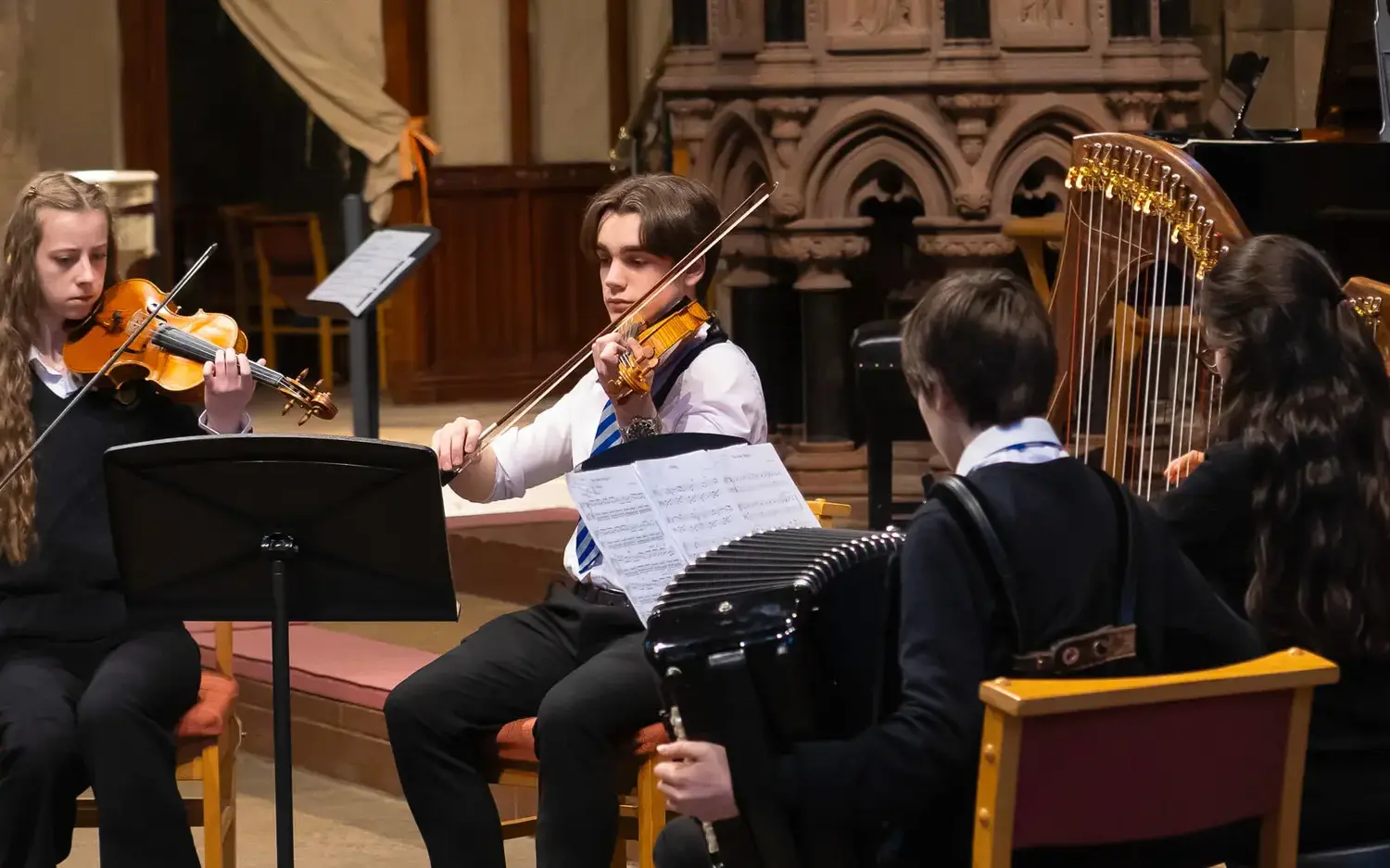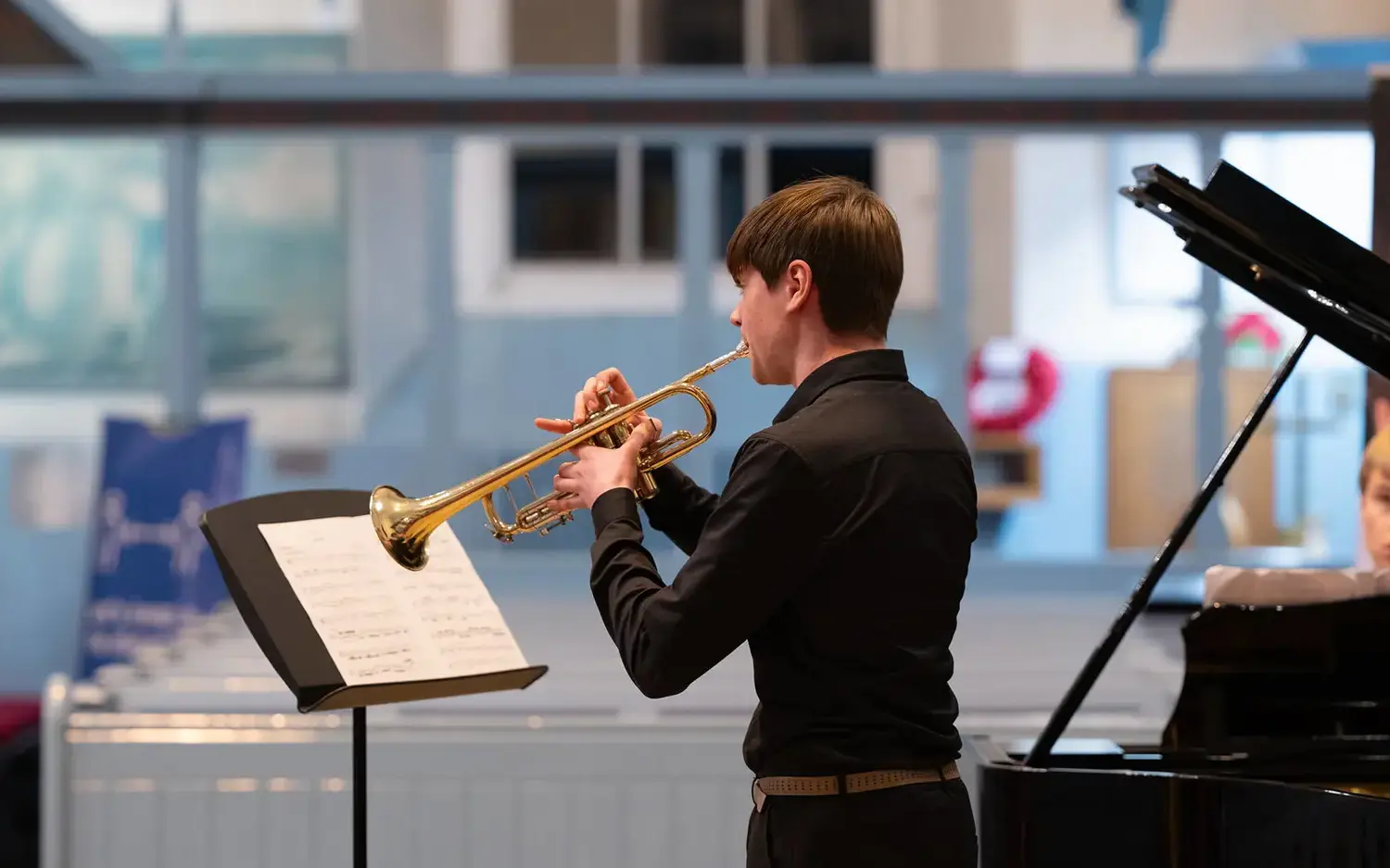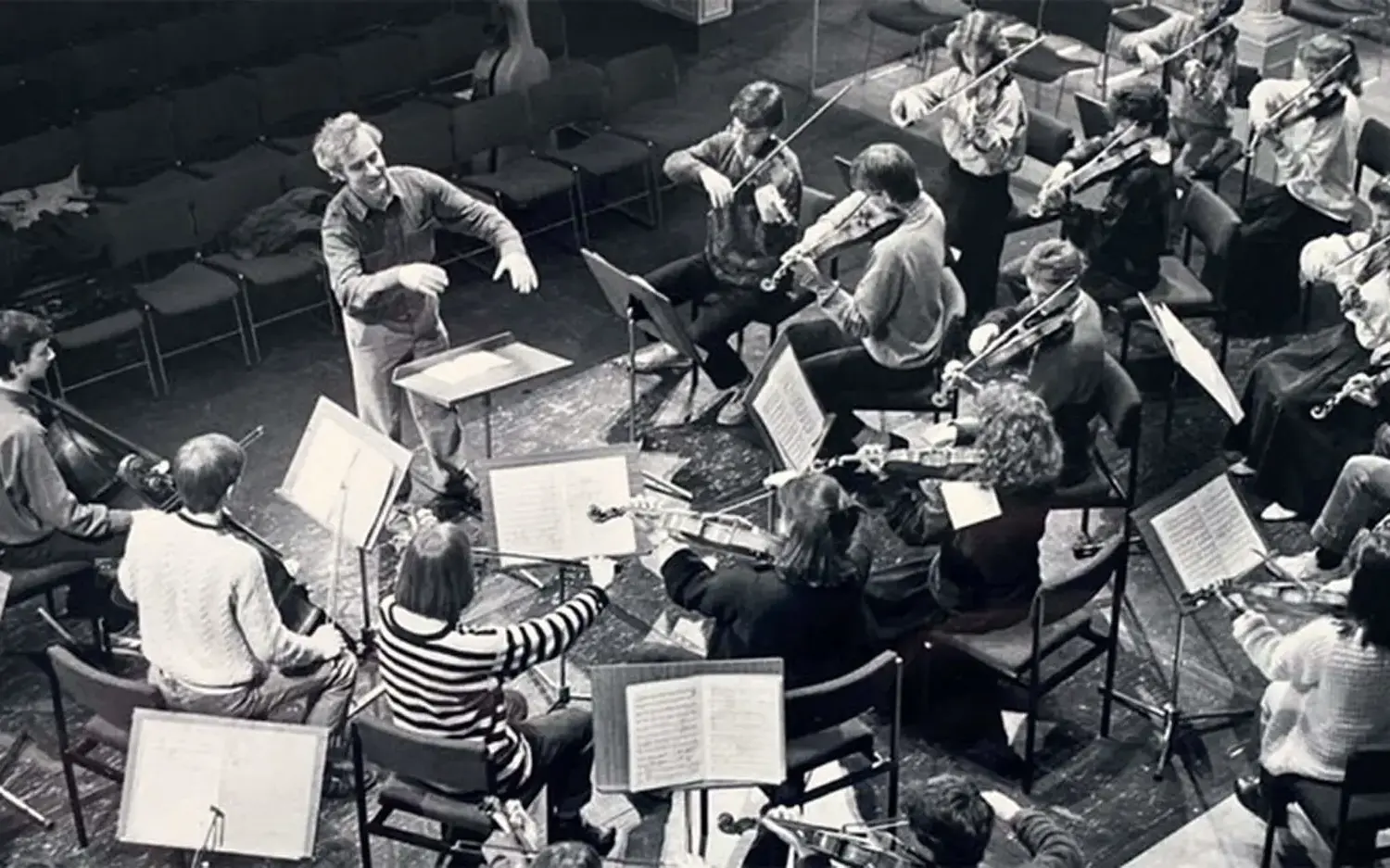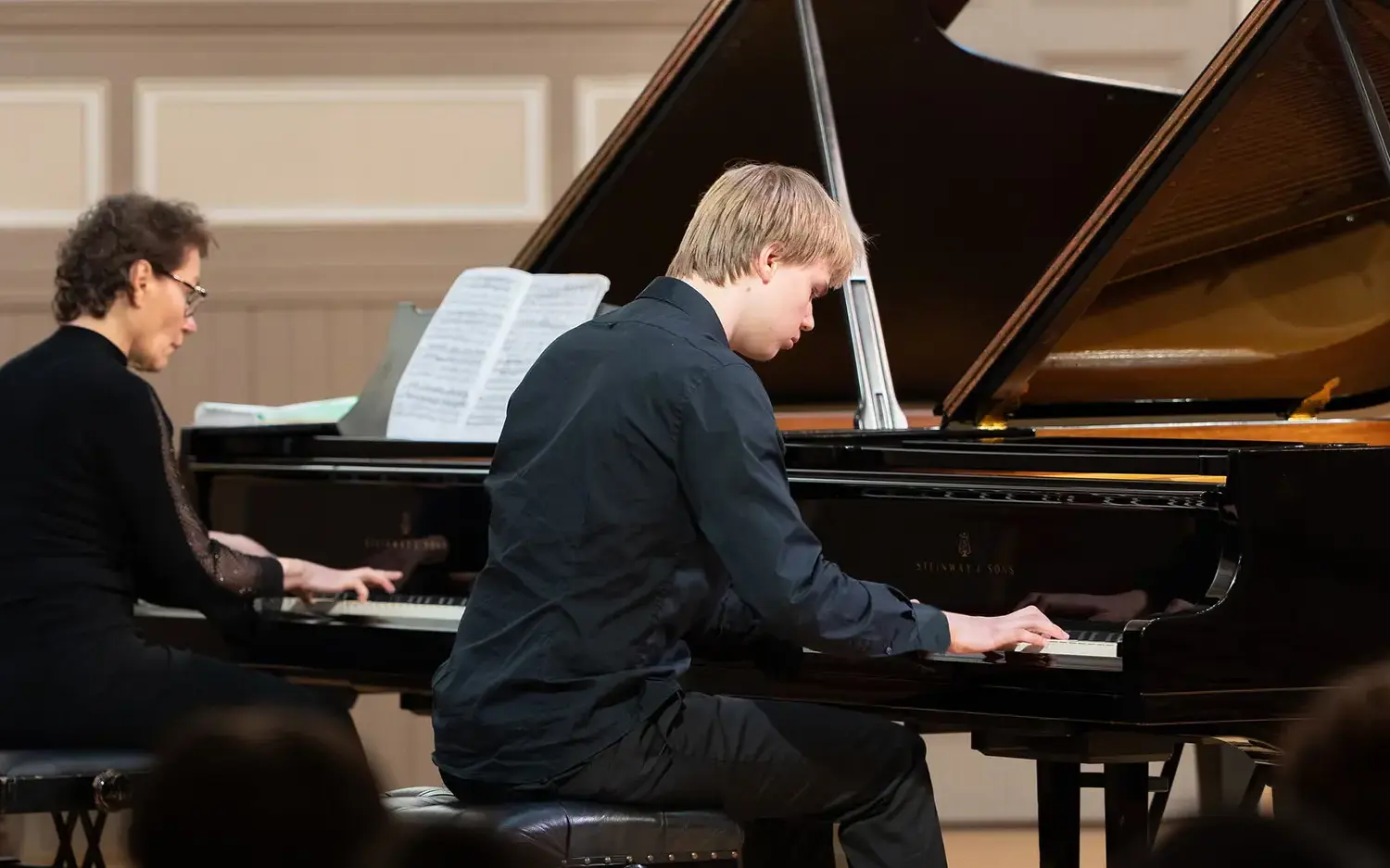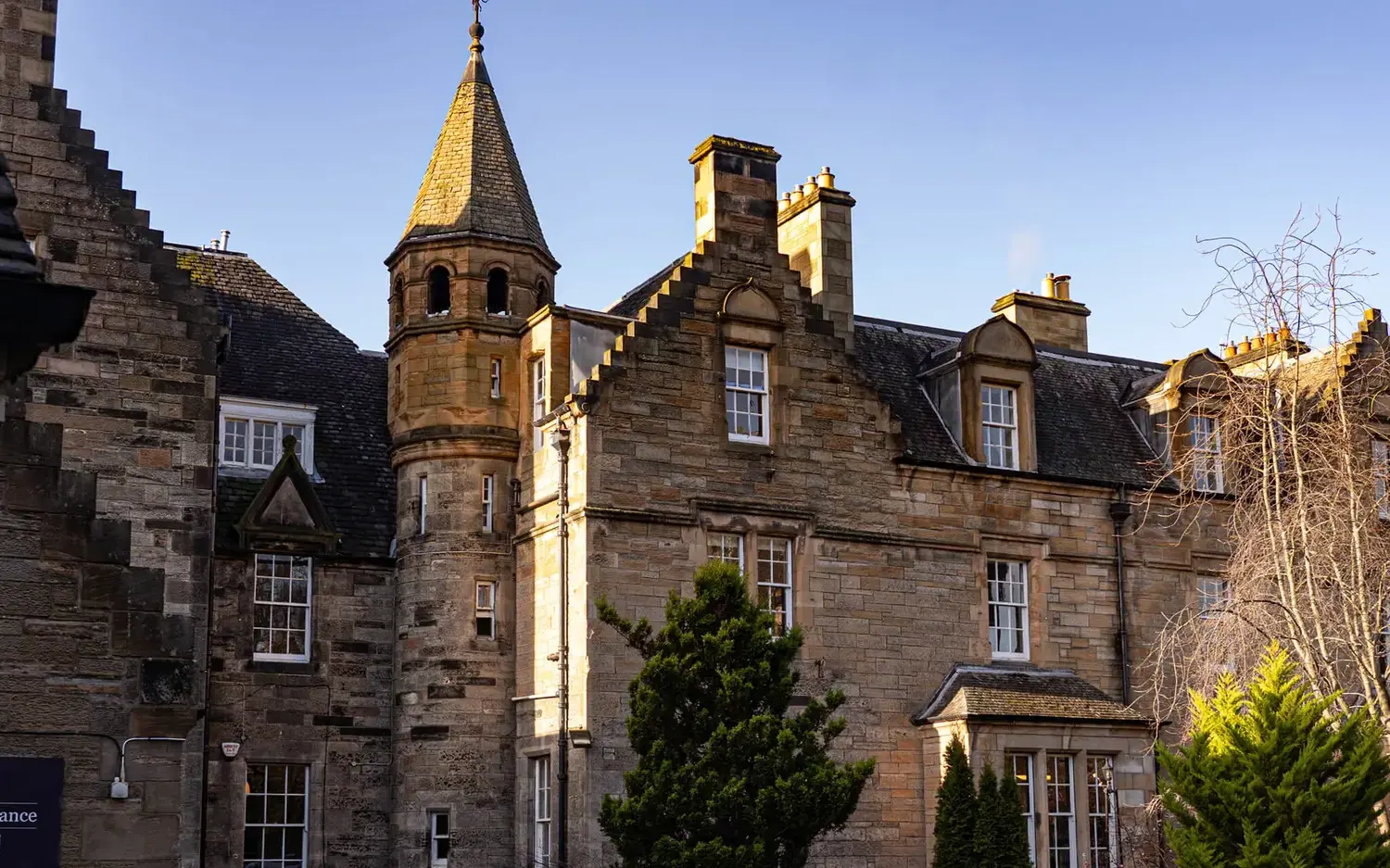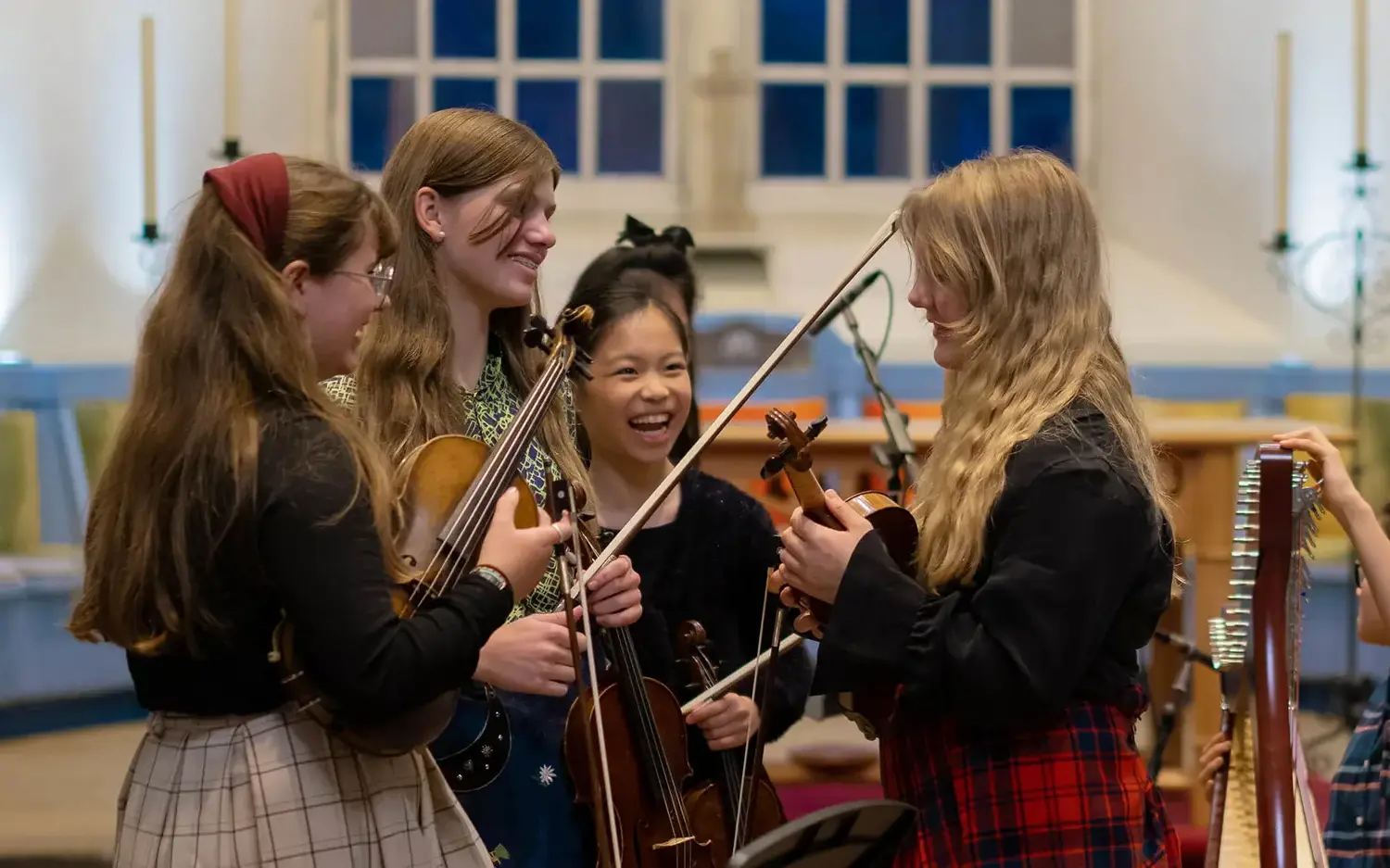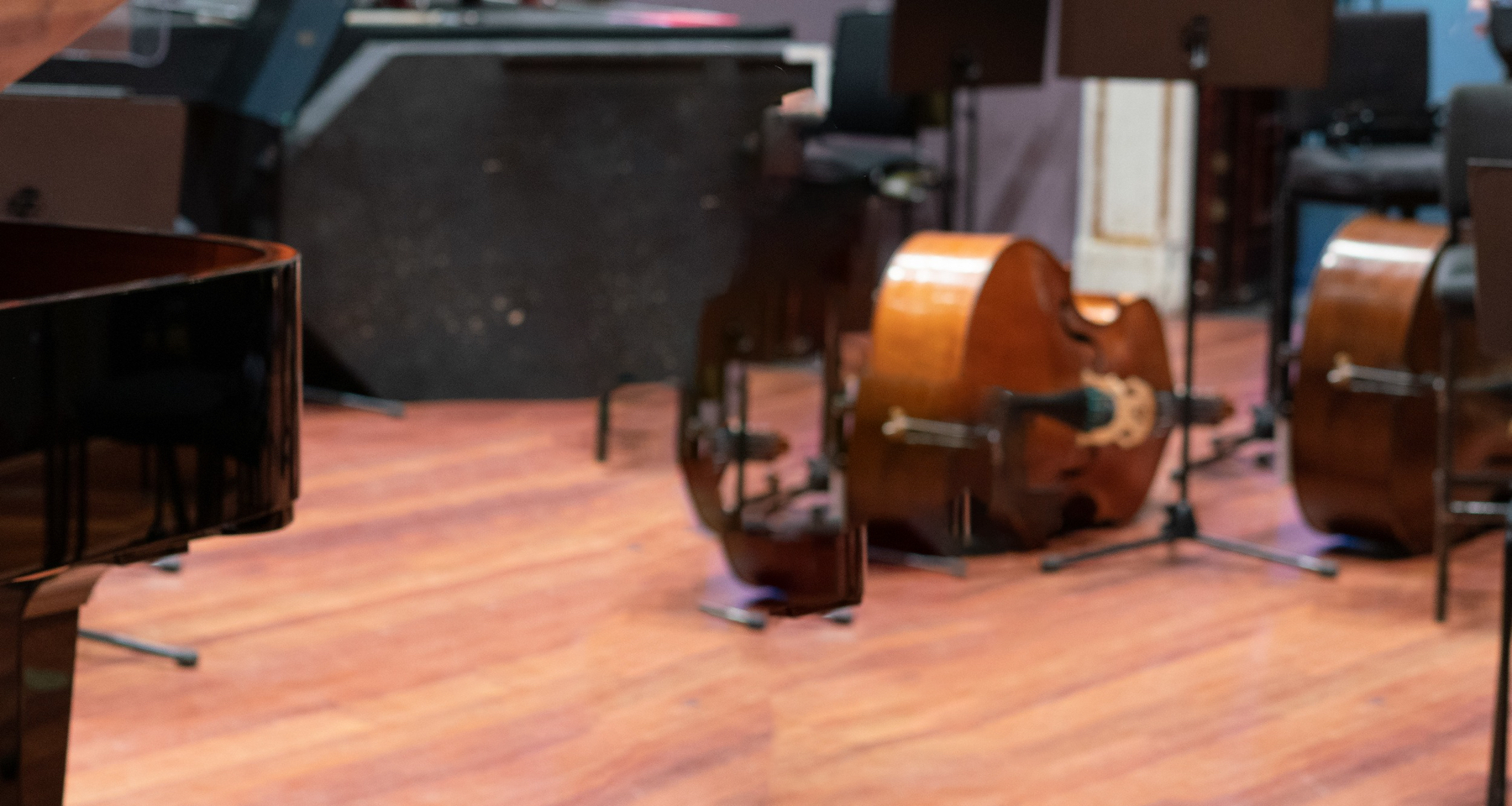FREQUENTLY ASKED QUESTIONS
| 1. What age range does St Mary’s Music School accept? |
|---|
| St Mary’s Music School accepts Instrumentalist pupils between the ages of 9 and 19 (P5 – S6) – pupils can apply at any stage. Chorister pupils should apply aged 7-9 (P3 & P4) and are at the school from P5-S2. |
| 2. What level do I need to be at to apply to become an instrumentalist? What grade do I have to be? |
|---|
| Whilst we look for musical potential, commitment and the ability to perform, all enthusiastic young musicians are encouraged to apply. There is no specific grade that you must have reached by any given age. Our focus is on nurturing talent. You must play a musical instrument to a standard that will allow you to access the Specialist Musical Education here - therefore you must have an appropriate academic music level for your age and stage and be able to join in with choirs, ensembles and orchestras. This is not a programme for beginners. |
| 3. How do I apply to become a chorister? |
|---|
| As chorister applicants are so young (P3 and P4), we like to ensure that singing in an audition is appropriate for the child. As a first step, the Cathedral’s Master of the Music will hear the applicant sing to decide whether they are ready to attend a full audition which includes an academic assessment. Full details are on the Chorister Admissions pages. |
| 4. What is the admissions process for instrumentalists like? |
|---|
| The admissions process includes a multi-stage audition process: a preliminary recorded submission, a written application, an advisory audition and a full audition with interview. Successful candidates who pass the full audition stage will then be invited for a two day stay at the School. The process can take several weeks to complete. While this might seem daunting, we aim to ensure that every candidate has a positive experience whatever the outcome. We offer constructive advice at every stage. Full information is available on the Admissions pages. |
| 5. What instruments can I study at St Mary’s Music School? |
|---|
|
We offer tuition in the full range of orchestral instruments: strings, woodwind, brass and percussion. We have teaching in piano, clarsach, saxophone, accordion, guitar and bagpipes, as well as a dedicated Vocal Programme. Choristers receive singing lessons and also study another instrument as part of their timetable. Once they reach S1 they are offered a second instrument. |
| 6. How does academic education combine with music training at the school? |
|---|
| Academic studies are fully integrated with music training. Pupils receive a balanced education, allowing them to excel both musically and academically. All music tuition is individually timetabled and therefore no academic studies are missed for music lessons. Our results in public examinations are consistently outstanding. |
| 7. What are the fees, and is financial aid available? |
|---|
| Detailed information about fees is available on our Fees page. We offer financial assistance to families based in the UK through various scholarships and bursaries. |
| 8. How many pupils attend the school? |
|---|
|
St Mary’s Music School is a small, close-knit community which can accommodate up to 80 pupils, ensuring individual attention and a strongly supportive environment. Our primary class is a composite class of P5,P6 & P7. In total there are around 15 pupils at any one time in the primary class. |
| 9. What performance opportunities are available for pupils? |
|---|
|
We believe that playing to others should be a central part of a musician’s life and we support the performer’s craft through a range of activities, including weekly performance classes. Pupils have regular opportunities to play their repertoire to others, both within the school and externally. This includes lunchtime concerts, weekly chancel concerts, recitals, ensemble performances, participation in competitions and collaborations with professional musicians. During the holidays, many of our pupils participate in youth orchestras such as NYOGB, NYOS and EYO. |
| 10. Can my child board at the School? |
|---|
|
Yes, we have a dedicated boarding staff who provide pastoral care in the comfortable environment of our Boarding House. Boarding is available to all instrumental pupils from the start of S1 (age 11). Younger pupils are considered on a case-by-case basis. Chorister pupils do not normally board. |
| 11. What do pupils do once they have completed their studies at the School? |
|---|
|
Almost all of our pupils go on to study at prestigious music conservatoires or universities in the UK and abroad. The great majority go on to study music, but the high quality of the academic education we provide allows our pupils the option of study in a wide range of disciplines. |
| 12. Can I visit the school before applying? |
|---|
|
Yes, prospective pupils and parents are welcome to join our Virtual Open Days, Taster Days or to arrange a tour of the school and to meet staff . For all enquiries, please contact admissions@smms.uk. |
